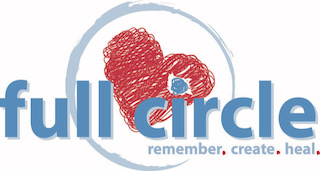By Maryse Eubank, M.Ed
There is a reason the American Foundation of Suicide Prevention and many other organizations refer to those who have lost a loved one to suicide as “loss survivors of suicide.” A death by suicide most often shakes up one’s feelings significantly. Those who lose a loved one to suicide truly do work to survive the strong emotions they experience. Teens who are navigating their feelings after a suicide loss also face the challenges that simply come along with being an adolescent. Examples include incomplete brain development as well as the typical struggle between the need for independence and the need for support.
Depending on their support system and past experience with death and adversity, teens who are grieving may shift their moods quickly, be self-focused, struggle with identity issues, and grieve the future. The list of behaviors and feelings is different for each adolescent. When a teen is grieving a loss by suicide, these behaviors and feelings may be magnified.
How can we support a teen best in this situation?
- Be available and patient. Listen generously.
- Ask questions. Be invested in their well-being.
- Validate their feelings.
- Give them choices in determining which avenues of support they prefer.
- Understand how important their peer relationships can be and be open to changes.
- Challenge the stigma and shame around suicide. Use the verbiage “died by suicide.”
- Support their desire to create remembrance experiences.
- Provide opportunities to maintain connections with others.
- Help to prepare them for others’ insensitivity.
- Give them permission to grieve the way that feels right to them.
- Seek out additional professional support if needed.



